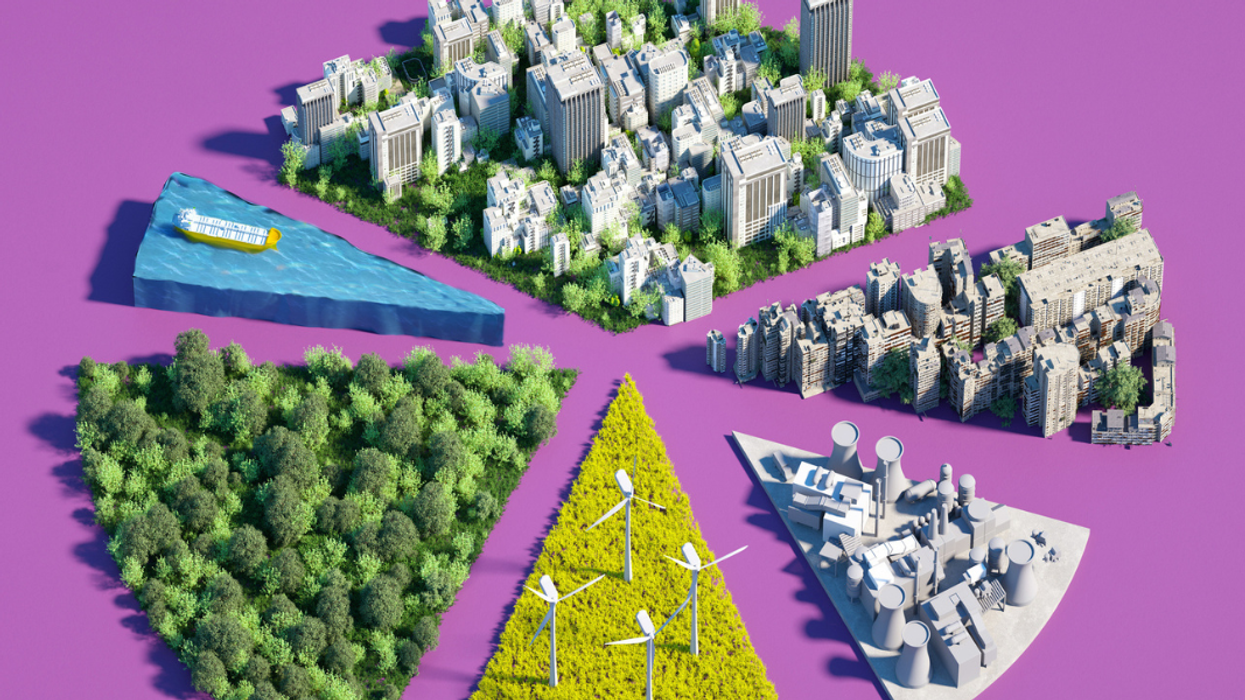Leland R. Beaumont is an independent wisdom researcher who is seeking real good. He is currently developing the Applied Wisdom curriculum on Wikiversity.
Introduction
In a world where economic systems drive much of our decision-making, it’s imperative to scrutinize whether these systems are truly serving the greater well-being of humanity and the environment. This essay delves into critical economic faults that hinder our pursuit of a sustainable and prosperous future.
It identifies the misallocation of resources, the undervaluation of ecosystem services, the neglect of externalities, the failure to acknowledge growth limits, the oversimplified view of human behavior, and the pervasive influence of money in shaping our world. By recognizing and addressing these economic shortcomings, we can pave the way for a more equitable and sustainable society.
Sharing the Commons
Common-pool resources, such as clean air and pristine wilderness, are vital to our well-being. However, our current economic systems often fail to account for the value of these resources, allowing their exploitation for private gain. This leads to the tragedy of the commons, where shared resources are depleted by self-interested individuals. Solutions include individual restraint, cooperative agreements, government regulation, usage fees, or privatization. Advocates of free markets must propose fair solutions for the allocation of these resources.
Valuing Ecosystem Services
Ecosystem services, which range from pollination by bees to clean drinking water, are indispensable to human survival. Yet, we seldom assign economic value to these services, leading to their degradation without financial consequences. Destruction of, for instance, wild bee populations, can result in substantial economic costs. Properly valuing ecosystem services can incentivize their preservation or prompt regulatory protection.
Paying for Externalities
Externalities, the unintended costs or benefits of activities, often go unaccounted for in economic models. Coal mining is a stark example of externalities, with miners bearing health risks, and communities suffering environmental consequences. To ensure honest economic analyses, externalities must be internalized, with businesses responsible for the full costs of their actions. Avoiding payment for externalities shifts the burden to others, akin to trespassing rather than freedom.
Acknowledging Limits to Growth
The pursuit of endless economic growth, often measured by GDP, has led to various crises, from financial collapses to environmental degradation. An obsession with growth, regardless of its consequences, is unsustainable. We must recognize that unlimited growth is a fallacy and poses risks to our planet and well-being.
Humans are Complex Actors
Economic theories often oversimplify human behavior, assuming rationality and ignoring intrinsic motivations, social influences, and conflicts between short-term and long-term goals. Behavioral economics challenges these simplistic models, revealing the multifaceted nature of human decision-making. Realizing the complexity of human behavior is crucial for crafting effective economic policies.
Money is Power
Money wields significant influence in politics, research, and various industries. Its power distorts democracy, research agendas, and societal values. Many economic faults underpin this influence, highlighting the need for more equitable and accurate economic models.
An Inaccurate Model
Our current economic models are flawed, leading to false signals in our financial accounting systems. Economics, as a money-based model, must align with the realities of economies, the exchange of valuable goods and services. The gap between the two is widening, necessitating a shift towards more accurate and holistic economic models.
Taking Action
To address these economic faults and forge a sustainable future, we must challenge arguments that prioritize economic growth over well-being and environmental health. This requires advocating for fair resource allocation, valuing ecosystem services, internalizing externalities, acknowledging growth limits, considering human complexity, and combating the undue influence of money. A focus on genuine prosperity, grounded in well-being and sustainability, is essential.
Conclusion
Living wisely entails recognizing and rectifying the economic faults that hinder our collective well-being and environmental sustainability. By addressing these issues and shifting our focus from mindless growth to meaningful well-being, we can foster a society that values peace, integrity, clean air, clean water, and the beauty of nature. The path forward involves redefining prosperity, embracing sustainability, and working together to bring wisdom to life in our economic systems and everyday choices.
This article was generated by ChatGPT based on the previously written essay Economic




















Trump & Hegseth gave Mark Kelly a huge 2028 gift